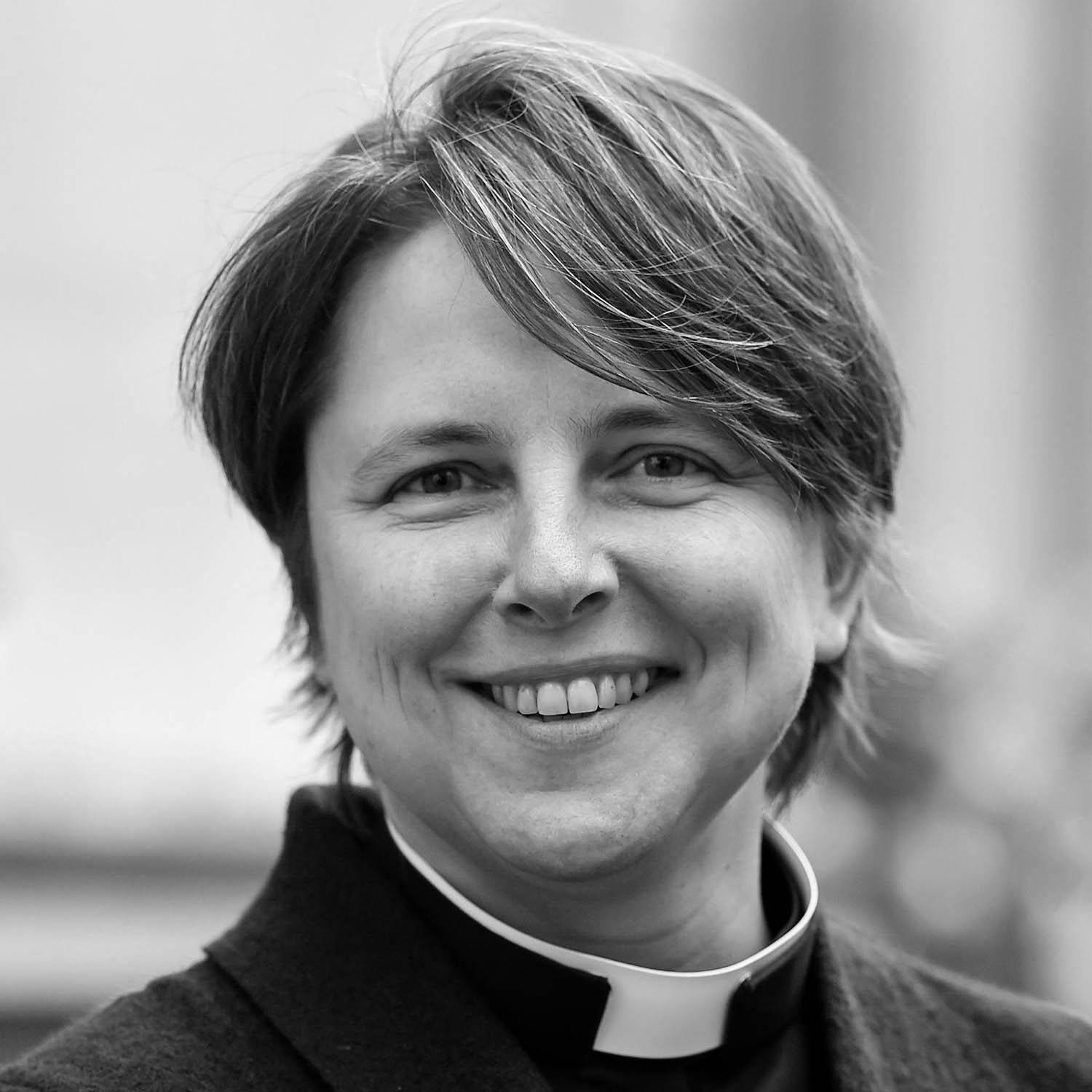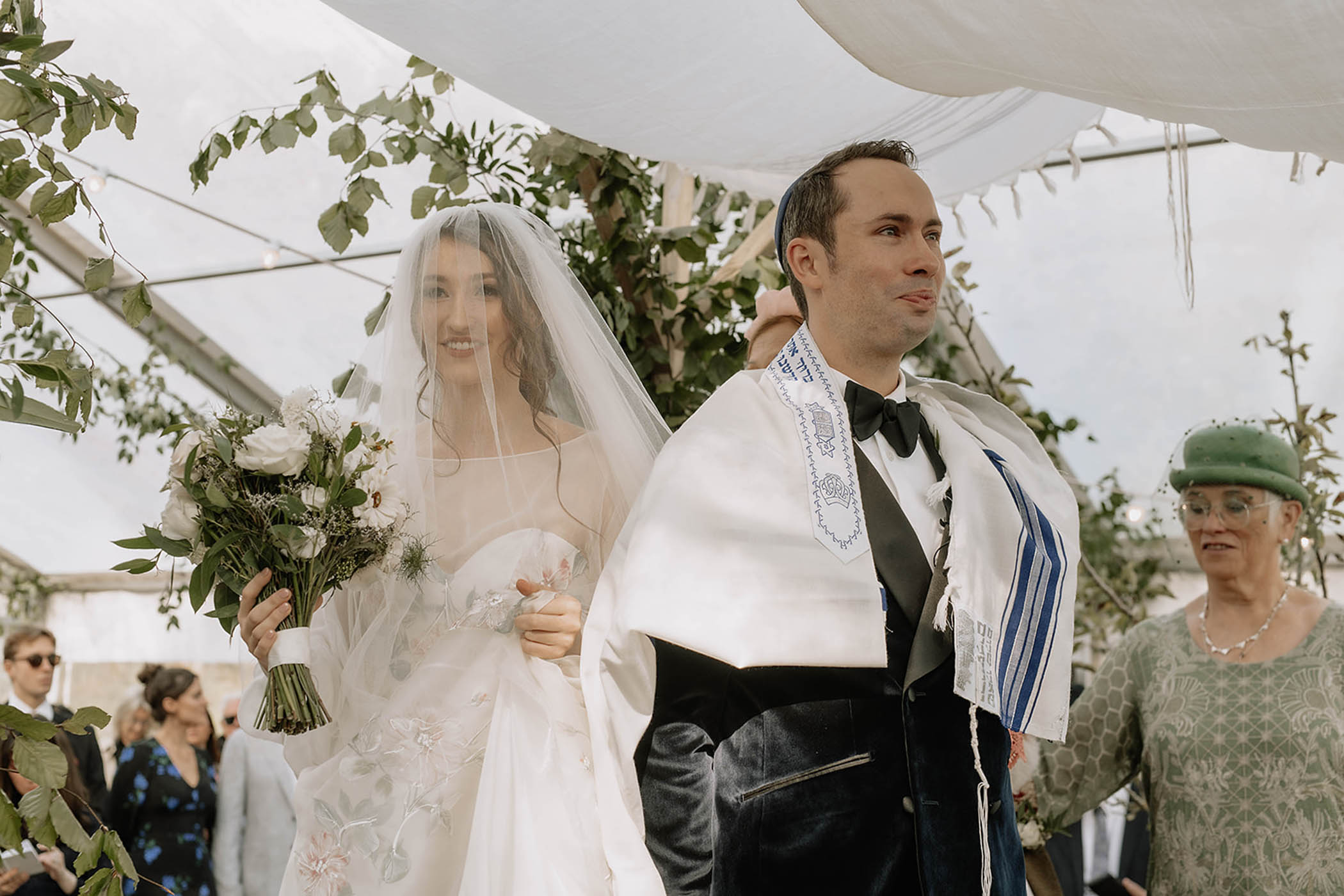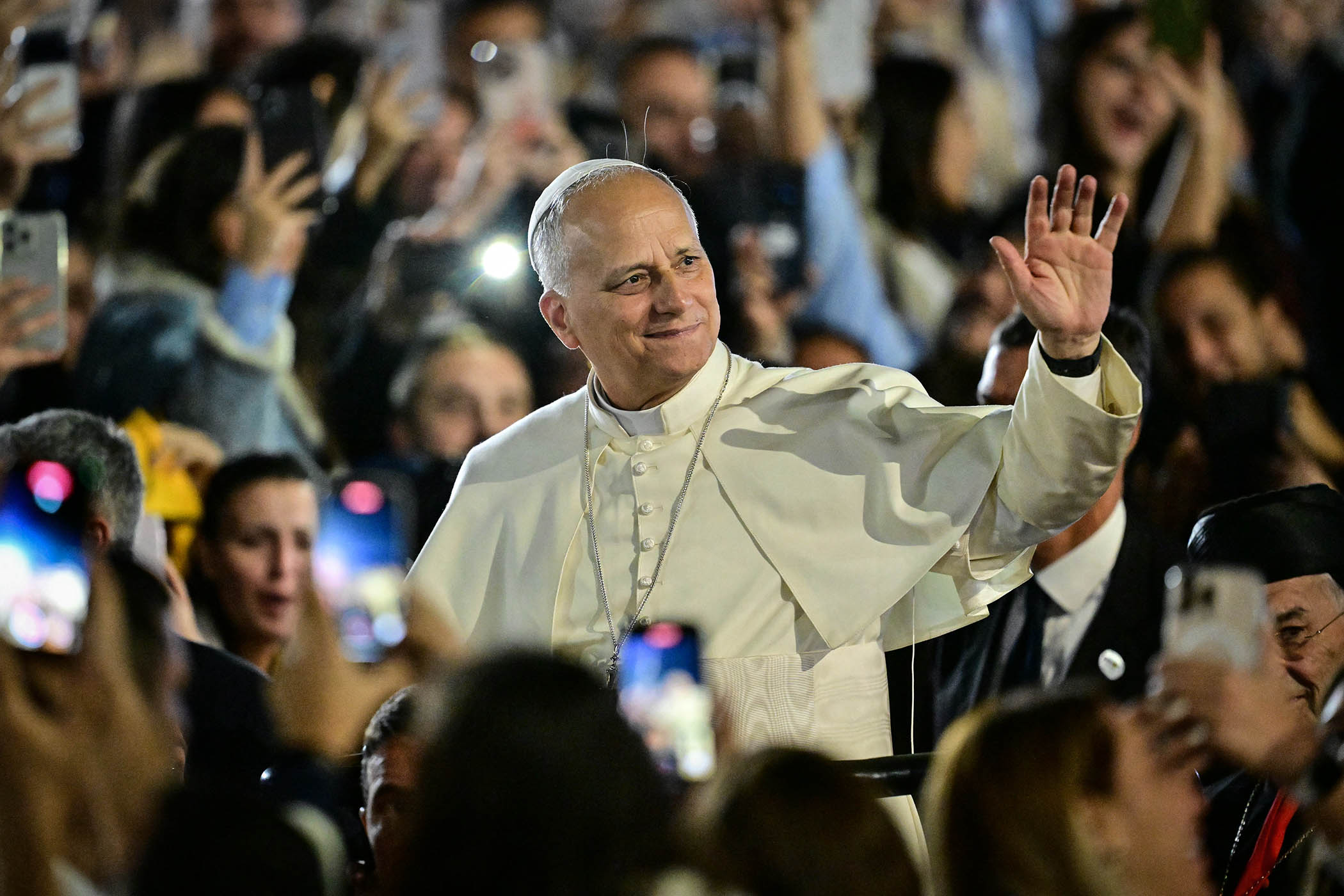She has said she feels both peaceful, and at the same time excited. I can’t believe that she isn’t daunted too. Sarah Mullally, the first woman to be appointed archbishop of Canterbury, is a trained midwife, has worked as a cancer nurse and has already exercised senior leadership in not one but two national institutions, overseeing complex and diverse communities in the NHS as chief nurse and in the Church of England as bishop of London.
For “diverse” read “polarised” – within the church, anyway. Theologically, archbishops are required to be what the church calls “instruments of unity”.
She has much experience of leading in this way, having been one of the female leaders who has most closely supported what the Church of England has decided are “five guiding principles” governing the relationships between ordained women such as her and the priests or bishops who do not accept that women can be ordained at all.
She holds to the Church of England’s traditional teaching about marriage while at the same time welcoming the prayers for couples in same-sex relationships as “a moment of hope for the church”.
The 63-year-old is a person who understands the levers and cogs of a historic institution such as the Church of England or a national institution such as the NHS. She is the first archbishop of Canterbury for a generation who has already had experience of the House of Lords, and her speeches on assisted dying have been informed by her life as a medical professional as well as a religious leader.
But she takes up her role at a time when the church, in common with many historic institutions or areas of public life – including the BBC, the NHS, the judiciary, banks, political parties, police and the armed services – all continue to face, to varying degrees, an erosion of trust in their work and leaders.
When women take up historic roles previously unavailable to them, there is often a disproportionate level of both opprobrium and expectation. The appointment of the first woman as the leader of the global Anglican communion will by itself neither destroy nor save a church subject to the same deep and persistent challenges that face other cultural, religious and political organisations in a world more conflicted and siloed than ever before.
But in this situation, the church has a unique vocation as articulated by one of the new archbishop’s predecessors, William Temple, who believed that the church is the only institution in society that exists for the benefit of the people who do not belong to it.
The real and enduring impact of Anglican churches is felt in villages, towns and cities across the UK, across the world, where people gather to pray, run food banks, host AA meetings, reach isolated elderly people, invite parents and toddlers to play, and offer shelter for people who are hungry or homeless.
The challenge for the established church, praying for every soul, not just those who come to Sunday services, is to get our doors open, keep them open, welcome everyone without exception and never allow the church to become a cosy club of the already initiated.
Newsletters
Choose the newsletters you want to receive
View more
For information about how The Observer protects your data, read our Privacy Policy
To that end, our trailblazing archbishop is a sign of hope for all who long for change in society that things don’t have to be as they are.
The Rev Lucy Winkett is rector of St James's Piccadilly and priest in charge of St Pancras church, Euston Road, and a writer, broadcaster and musician
Photograph by Ben Stansall/AFP via Getty Images



